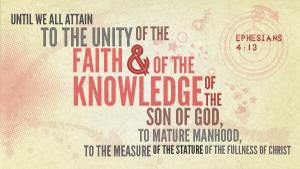 |
| 2-story screen? Yes, please. |
What started as a night just for fun quickly turned into an outreach event, and inspired a way to serve and connect with the community around us.
An Experiment
Last Tuesday night, we had our first-ever outdoor movie at TFC. Weather-wise, we had a perfect night to set up on the lawn outside of New Life Fellowship’s gym; it was warm, but the skies were clear – perfect for stargazing or catching the occasional meteor. Teens gathered around the firepit, waiting for dusk to fall, with cartoons playing in the background. (Sidenote: Can you believe that some didn't know what Talespin was?)
As soon as it was dark, Jason Metzger’s video projector turned the side of the building into a crystal-clear 14-foot screen, to watch the 1982 classic E.T., while the sound was broadcasted to portable FM radios scattered among the moviewatchers.
The most interesting thing about the night though, was the attention we drew from neighbors. I went and talked to one nearby group of teenage girls to ask if they’d like to come watch the show. “We’re scared,” one of them said. I laughed and told them we are nice people.
In the end, several young people joined us for the movie and shared in our s’mores, and we had the opportunity to share a little about Teens for Christ and invite them to get involved. This simple touchpoint inspired a way to reach out to the homes nearby.
An Inspiration
On Friday, Aug 31, TFC will be coordinating with New Life Fellowship to sponsor a Community Event for Hinote’s Corner and the surrounding neighborhoods. We will show a family-friendly movie, promote upcoming events at TFC and New Life, and encourage the community to build relationships with their neighbors.
A Call to Action
Please pray for this event. We want it to be both a service and an outreach, and we want the community see the love of Christ reflected in our actions.
We also need volunteers to help with the logistics of an undertaking of this size. Please contact us if you would like to help with delivering promotional flyers, contacting local businesses for sponsorship, or helping with supervision and organization on the evening of the event.
Finally, you can help with your ongoing financial support of TFC. We have many ideas that we just can’t implement right now, either because I don’t have time in my work week (I currently have a second job to supplement my income at TFC), or because we just don’t have the resources in our already-strained budget. Thank you so much to those of you who regularly support TFC with your faithful giving. If you don’t already, please consider a monthly donation to continue the work of our ministry.
Donate Now










